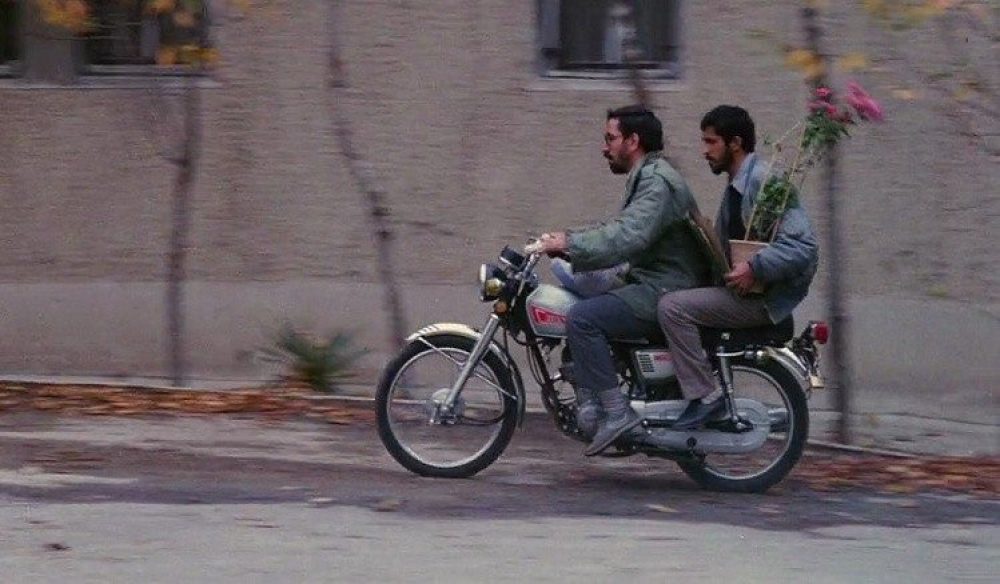In my understanding, the use of the term ‘modernity’ necessarily suggests an other, as it emerged as label to mark what was viewed as a distinct break from the past in the late 1800s, characterized in part by increasing industrialization and urbanization and the worldview that this sparked, one of greater individualism and a heightened sense of humanity’s ability to control their environment. The term differentiated this qualitatively new kind of existence from the ‘traditional’ way of life and conception of the world that had been commonplace till that point. My first read of what we’re pursuing, then, is that the idea of modernity can suggest a unidirectional path towards ‘progress,’ as it implies that the one fairly specific conception of the world is the only one that is truly modern, or more fully developed.
These differing mentalities are exemplified in descriptions of the Grocer and of the Chief. When Tosun asks the Chief what topics villagers ask his advice on, he replies that they speak with him “about all that I or you could imagine,” and describes this as being anything from handling their wife to curing their sick cow. Lerner describes these two examples as illustrating the traditional, saying they are “the species that the villager has most to do with in his daily round of life.” The Grocer’s field of knowledge, by contrast, reaches beyond this non-modern village life, and his desires for life outside the village are seen as breaks with the “old code.” Lerner implies that the Grocer had been farther along a path towards modernity that the Chief and the village later followed by wondering if the Chief had learned anything from the Grocer, and saying that the Grocer was a man whose “psychic antennae were endlessly seeking the new future here and now,” whereas the Chief merely adapted to it as it came.

Entering Modernity | Iran, Islam, and the Last Great Revolution Fall 2018
I appreciate the very individual and non-vague nature of your definition of modernity. I find it to be largely accurate as well as intriguing. I would have enjoyed an expansion of what you mean by “progress” and “developed,” mostly whether you see this as an intellectual distinction or a technological or otherwise one, but we did have a relatively small amount of words to use to express our ideas. I liked how you connected the marked futurism within modernism with the grocer’s attitude towards the world and his interaction with it.